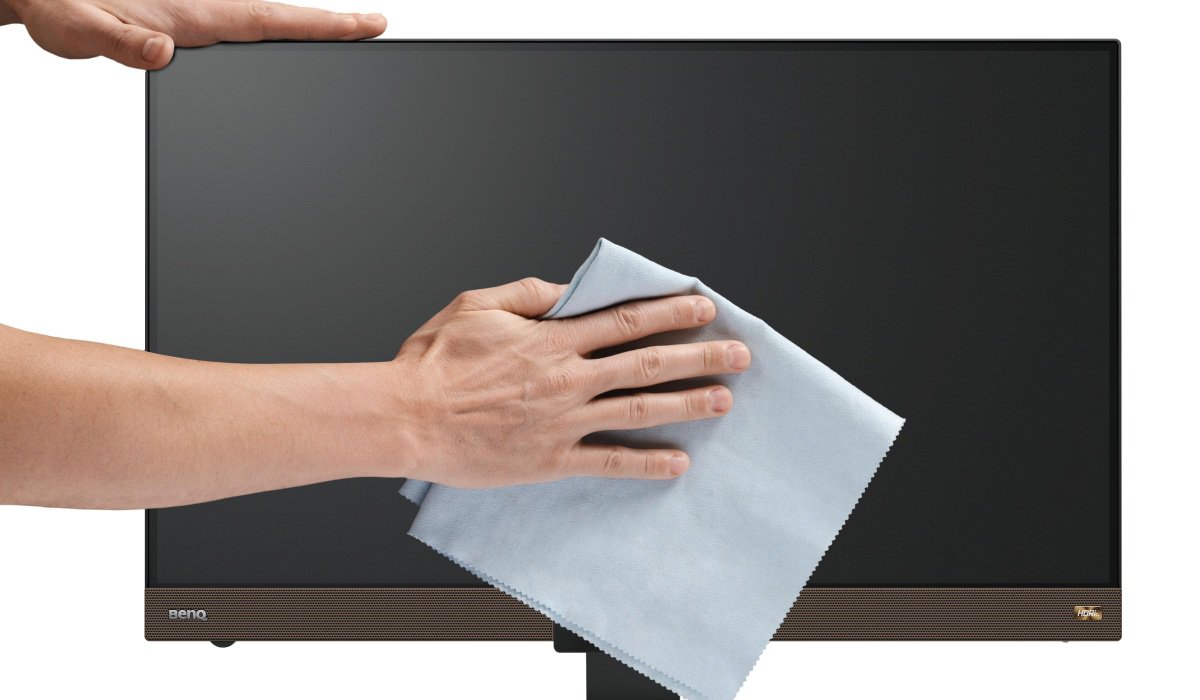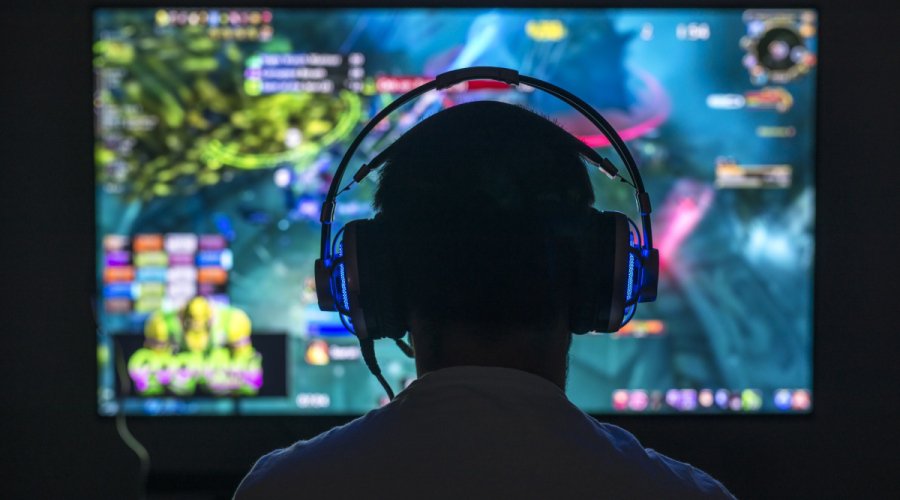If your screen is glossy and to your knowledge made of glass, then you may get away with light usage of ethanol and other types of rubbing alcohol to sanitize the monitor. That’s because glass, like metal, tolerates harsh chemicals quite well. However, even glass screens get treated with glare-reduction layers, and those will rub off and become damaged if you use harsh chemicals. Also, as most PC monitors use finely-etched matte surfaces to resist glare, LCD coatings absolutely hate everything from alcohol to your average all-purpose home cleaner. Keep those away from matte monitor surfaces. As mentioned above, you’re very likely to permanently damage your screen by using those. Buying a new monitor every time the old one gets a little dirty isn’t the most reasonable approach we can think of, and we’re the ones making monitors, so take it from us, don’t do it.
Bottom line for this section: glossy monitors may tolerate traditional cleaning fluids and the like, but do check with your manufacturer or the manual. Matte surfaces should never be exposed to mainstream cleaning fluids and materials, as that’ll ruin the monitor. Also, LCD cleaning solutions as sold by many shops and retailers only serve to clean, that is remove smudges and dust. They neither sanitize nor disinfect.




